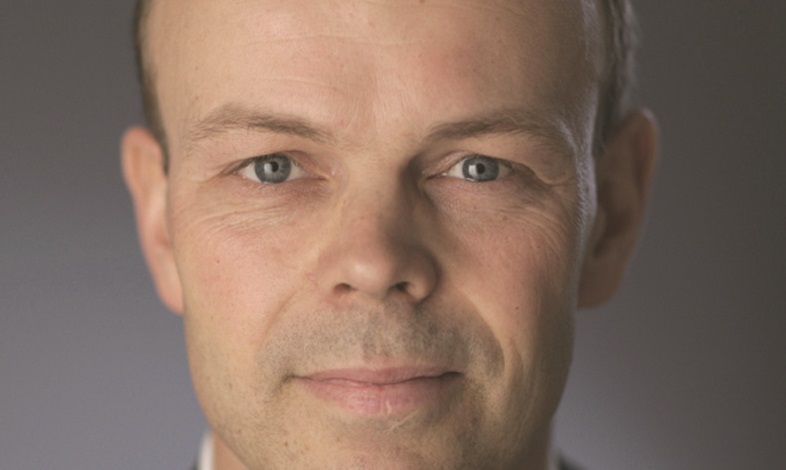Gam has started to wind-up its unconstrained absolute return bond fund range (ARBF), concluding a tumultuous month for the asset manager, which began with the suspension of the strategy’s star manager Tim Haywood.
In a letter to clients on Tuesday, the Swiss asset manager said it expects each of the nine funds within the gated range to be able to make first payments starting early September and to return between 74% and 87% of the money invested in Luxembourg and Irish-domiciled Ucits funds.
It also anticipates returning 60% to 66% of assets in the Cayman master fund and the associated Cayman and Australia feeder funds, starting at the same time.
The industry was caught off-guard by the suspension of manager Tim Haywood (pictured), lead manager on the ARBF range, in July. Days later the asset manager decided to gate the range before the fund board ultimately decided the range must be liquidated.
The ongoing ARBF saga has had consequences for other Gam products. Data compiled by Bloomberg shows that investors have pulled $2.3bn from other Gam funds in the two-and-a-half weeks since Haywood was suspended.
Liquidity concerns
The surprise suspension sparked questions as to the liquidity of the underlying assets and whether the fund range was too complicated.
Gam said on Tuesday its distribution schedule reflects the fact the ARBF funds are made up of “mainly liquid assets” and “some less liquid assets”.
The Swiss manager plans on making another distribution for each fund before the end of September. Payments will continue in the coming months dependent on market conditions, it said.
ARBF alternatives
The group also reiterated it will be providing alternative structures for investors who want to remain invested with the ARBF team.
Gam plans to launch a Ucits fund “within the coming weeks” and said it is in the process of setting up a new Cayman fund.
Haywood suspension
There has been no word from Gam on whether Haywood will return following his suspension.
Gam shared some of the findings of its investigation of Haywood earlier this month, noting that Haywood “may have failed … to conduct or evidence sufficient due diligence on some of the investments that were made, or make accessible internal records of documents relating to these”.
The group added that Haywood had also potentially breached the firm’s signatory policy and had violated the company’s gifts and entertainment policy by using his personal email for work purposes among other things.
‘Difficult process’
Writing to investors on Tuesday, CEO Alexander Friedman said the decision to liquidate the ARBF funds has been a “difficult process” but “does not take away from the fundamental strength of Gam as a diversified asset manager”.
“We have spent the past few years restructuring Gam into a more efficient business with a less volatile earnings profile, while continuing to build out high performing, specialist strategies that are relevant for our clients,” he said. “This has made Gam better positioned to weather a challenging environment, and we believe we will continue to attract clients to our platform and deliver value to our investors in the years to come.”
Assets under management for its investment group were flat over the first half of the year at CHF 84.4bn (£67.0bn) as negative market and FX movements cancelled out flows into its fixed income products.
Investors redeemed CHF800m (£634m) from its absolute return strategies during the period, though Haywood’s ARBF strategy finished with net inflows.









